William Wordsworth, Beatrix Potter and Alfred Wainwright all knew it… the Lake District is the most beautiful and inspiring corner of England.
Okay, so beauty is in the eye of the beholder and England has a wealth of destinations for those seeking holiday escapes, but the stats are stacked in the Lake District’s favour. The region is home to England’s highest mountain, its deepest lake and its longest body of water; it received 45 million visitors in 2017, which is twice as many as any other UK national park; and in 2017 the area was awarded UNESCO World Heritage status. Visitor numbers have been increasing since 2009, with further growth expected – the Lake District’s hotels have reasons to be cheerful.
Historically a market of B&Bs, hostels and retreats, there has recently been an increase in the number of luxury hotel developments. This momentum for upscale hotels has been driven in part by the rise of the staycation, which has seen domestic tourists looking for new and exciting ways to holiday at home. There has also been a rise in the ‘mini-moon’ as newlyweds choose to defer their longer honeymoon for short luxury domestic stays. With its abundant natural features, the Lake District has also benefited from an increase in outdoor pursuits and activity breaks.
The National Park’s top established hotels are focused in the Windermere, Langdale Valley and Ullswater areas - including The Samling, Holbeck Ghyll, The Brimstone and Another Place. In addition to these, recently transacted hotels include the acquisition of the lakeside Langdale Chase Hotel by Thwaites in April 2017 and Linthwaite House Hotel, which was purchased by the Leeu Group in April 2016. Both are undergoing comprehensive multi-million pound upgrades and will compete with the Lakes’ other luxury hotels.
It’s not only the overnight accommodation attracting attention – the area offers a culinary adventure in itself. Hrishi at The Gilpin Hotel boasts a Michelin star and joins the Lake District’s other recognised restaurants: L’Enclume (two Michelin stars) and Forest Side (one star).
The future of the National Park looks bright, but there are challenges for sustainability. New development is rightly constrained to protect the region’s most important natural assets while traffic and parking difficulties are unavoidable during peak summer periods. Staffing has become increasingly hard for some hotels as unemployment is at low levels and attracting the right team members means making generous offers. And don’t forget the rain. The Lake District has largely recovered from December 2015’s Storm Desmond, but there is no escaping that it is the wettest area of England.
Regardless of a little drizzle, appetite among holidaymakers and investors alike for Lake District hotels is building. We expect visitor numbers to grow and hotel investors and operators are keen to explore growth opportunities to add to their portfolios.
Further information
.jpg)
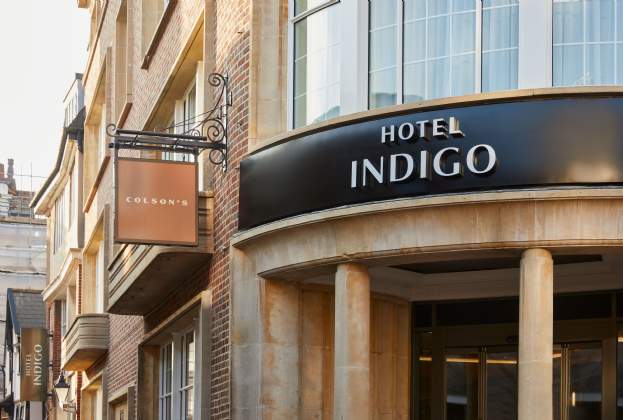
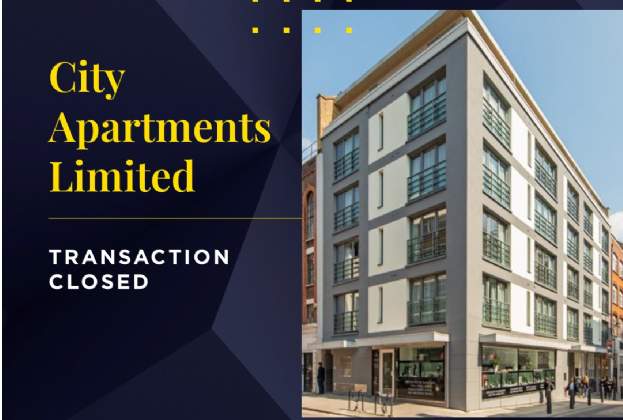

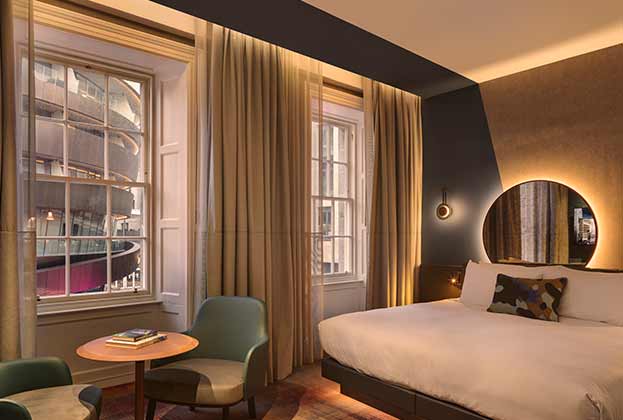
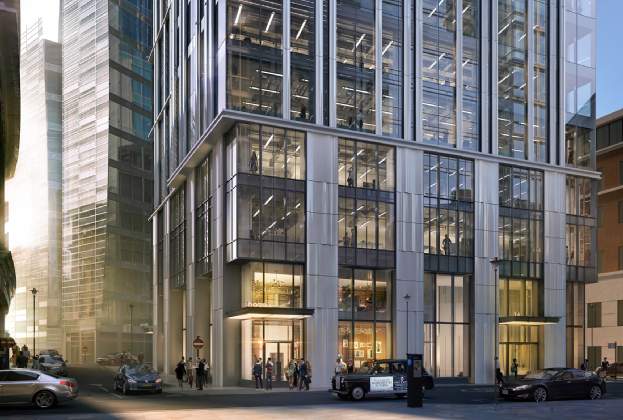
.jpg)
.jpg)
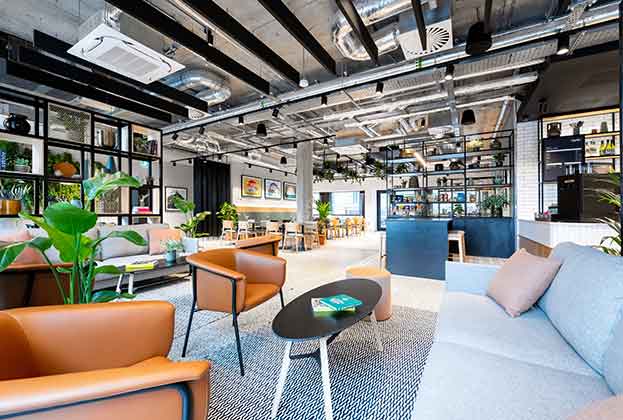

.jpg)